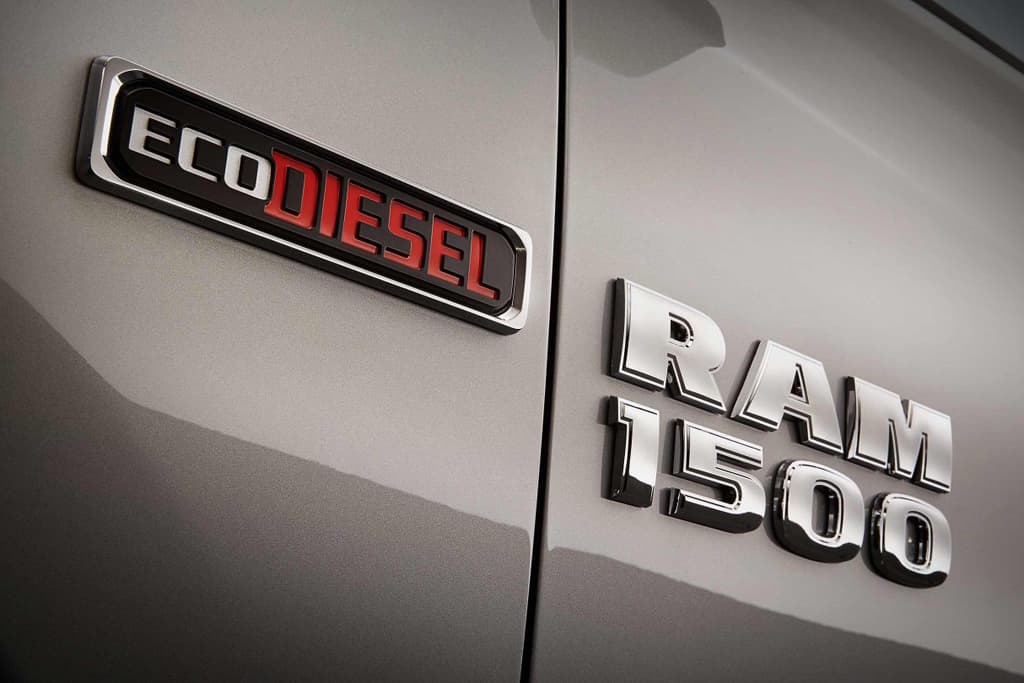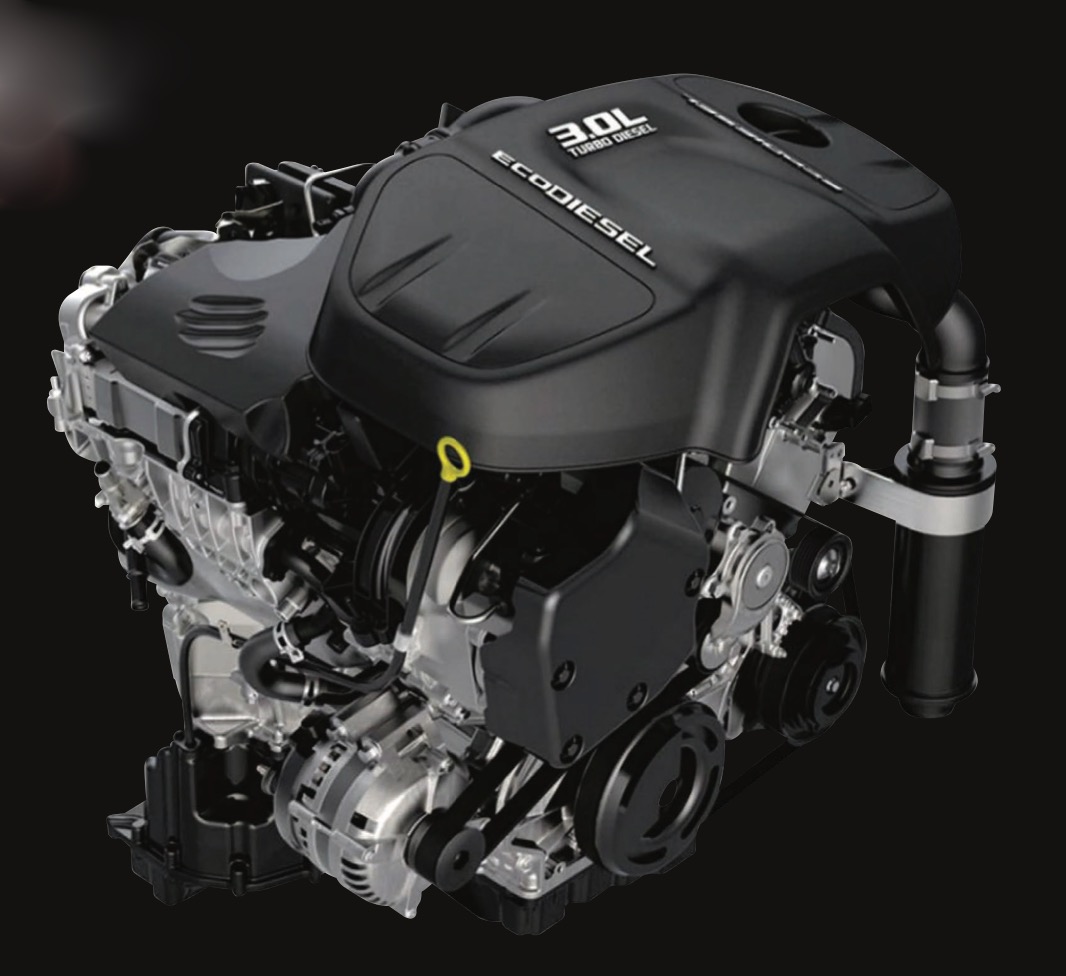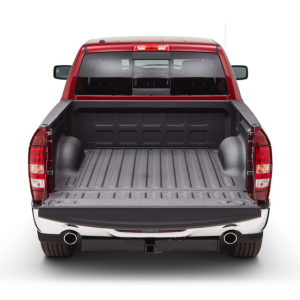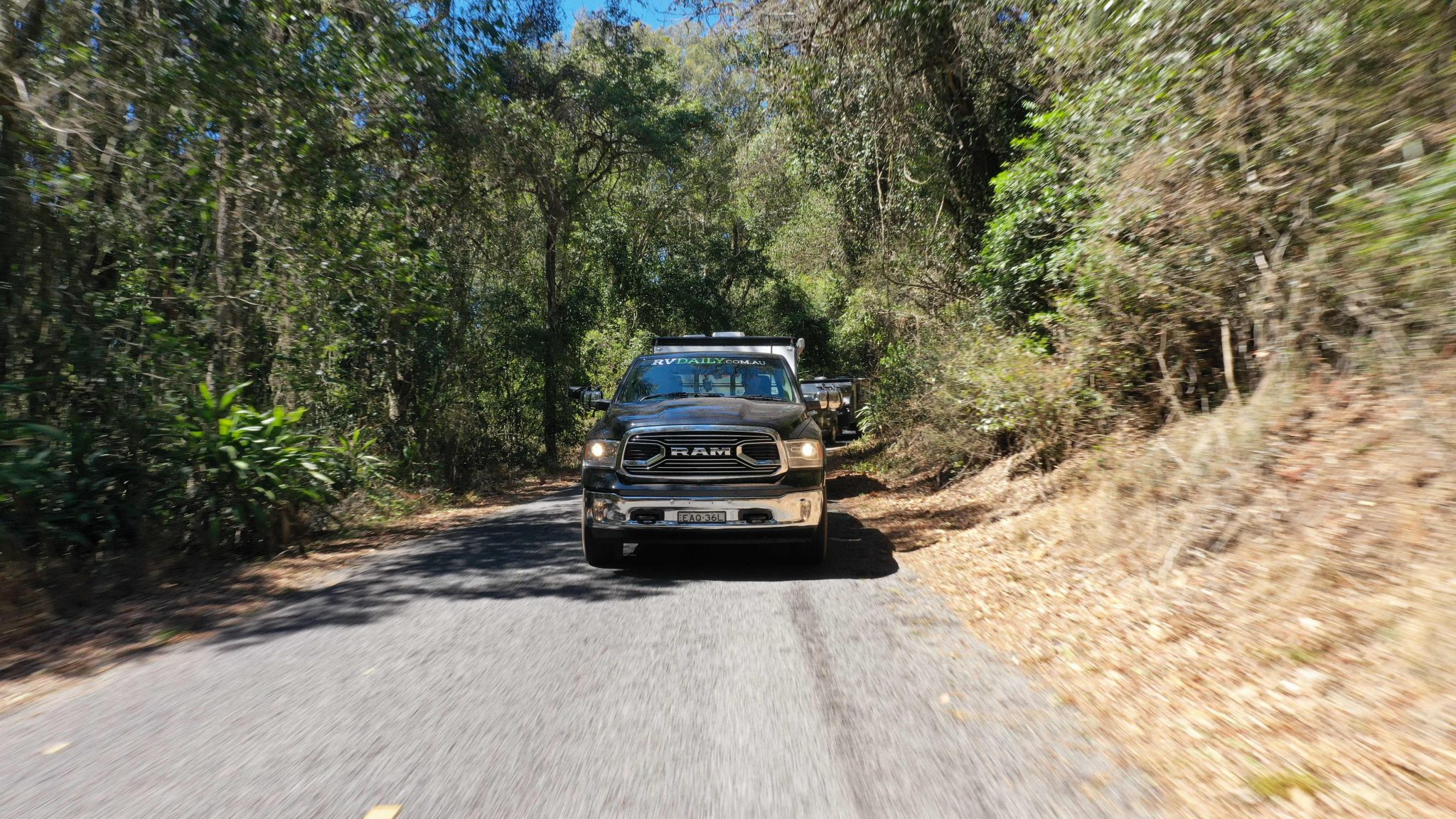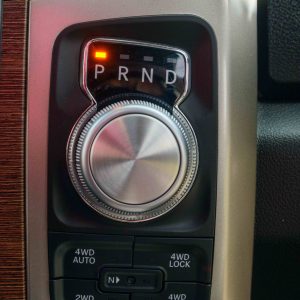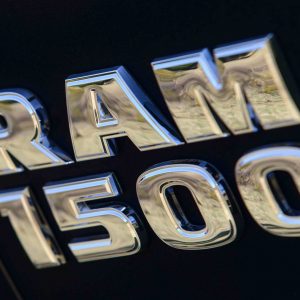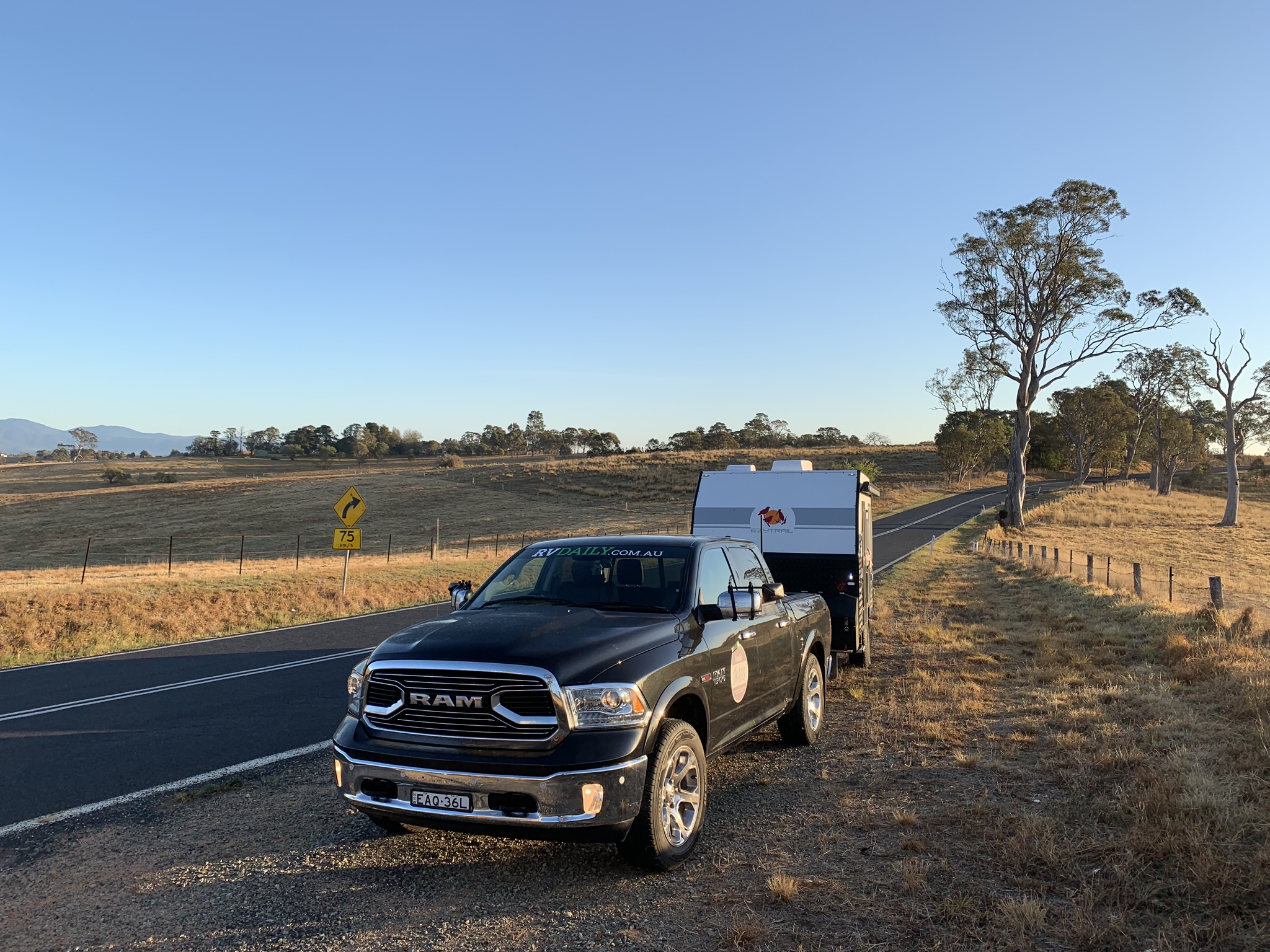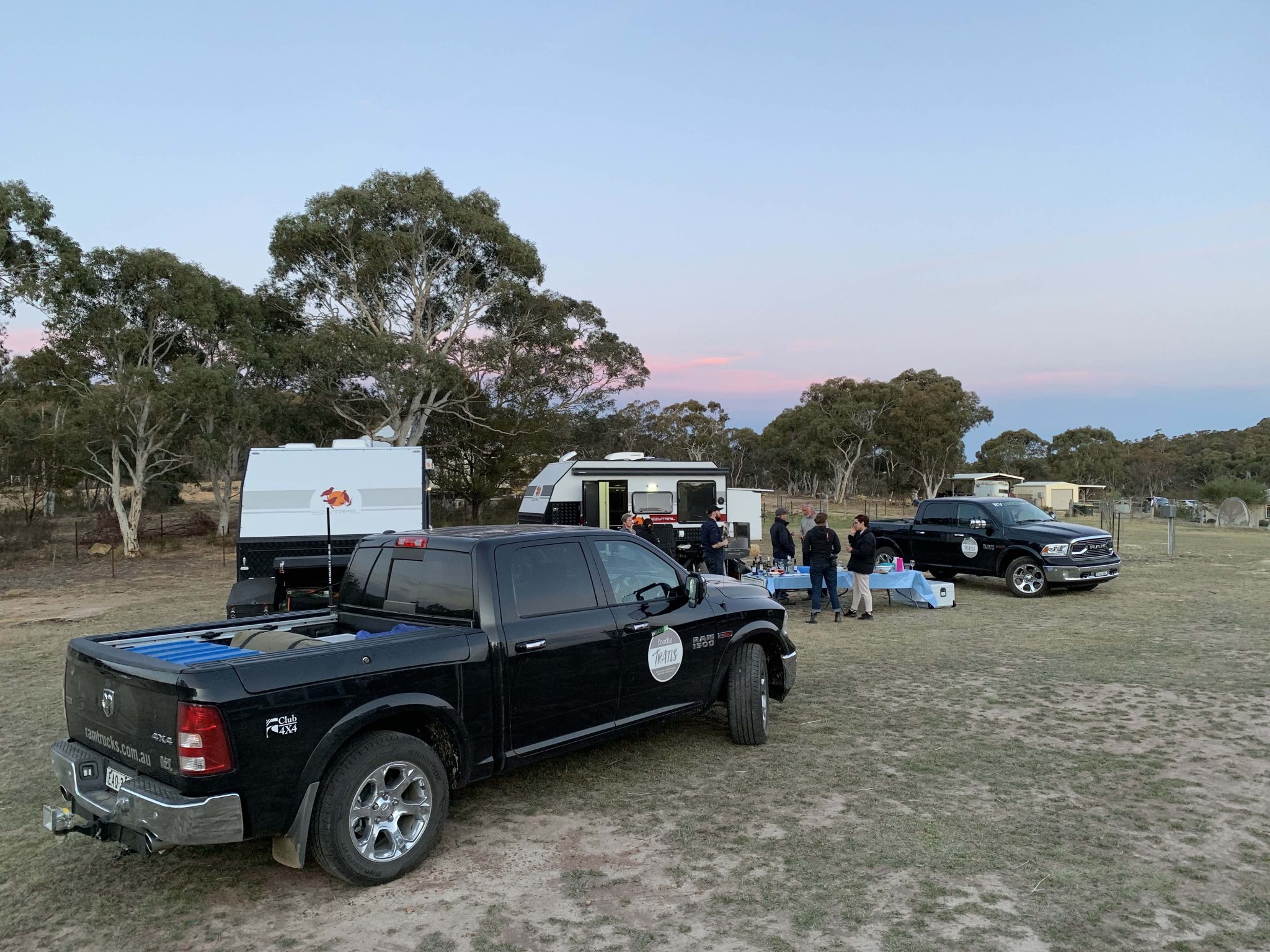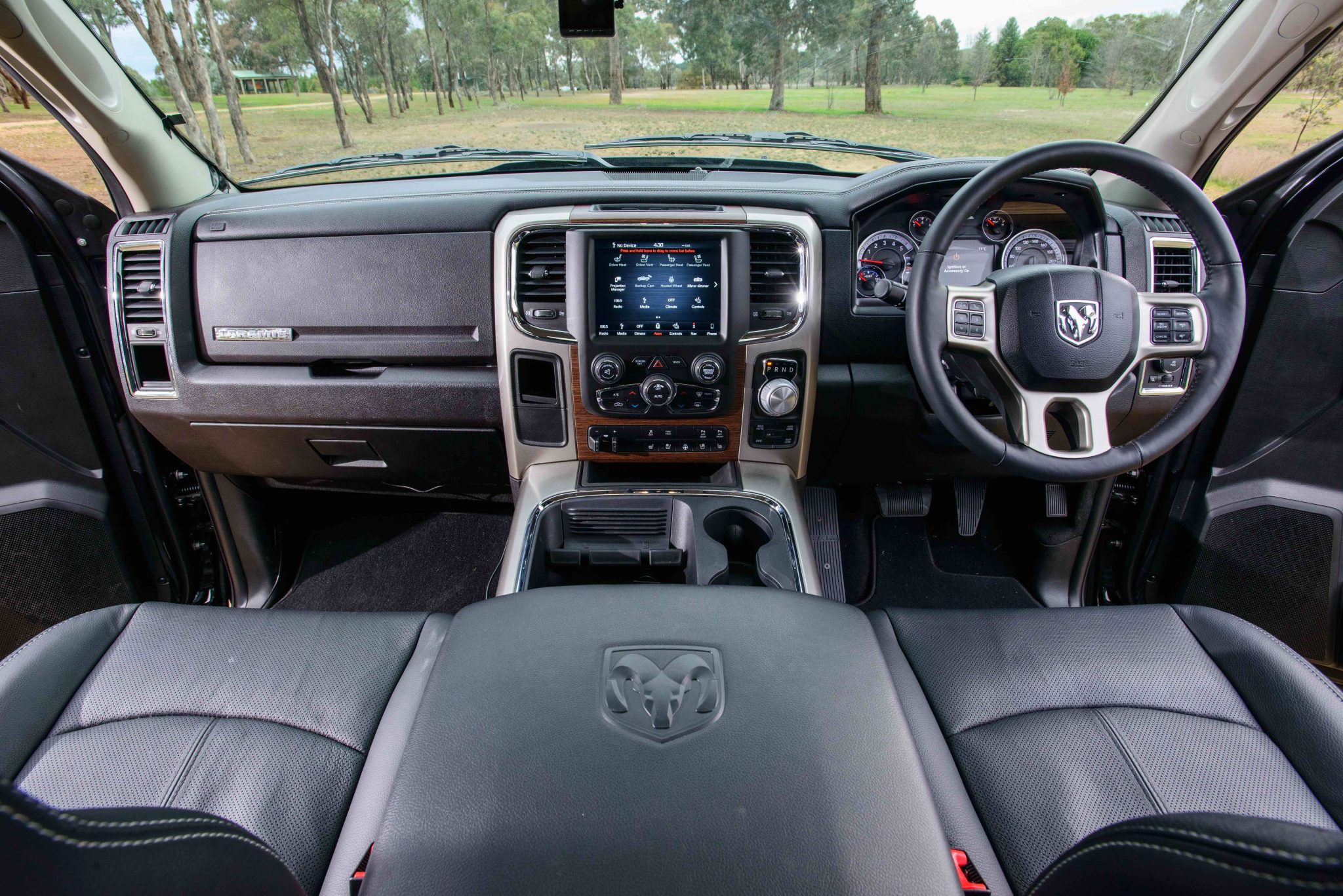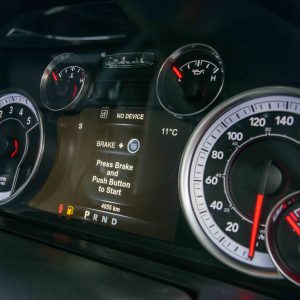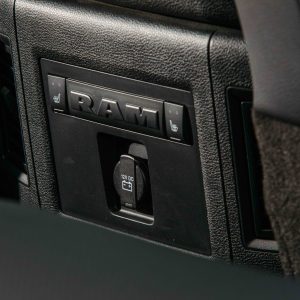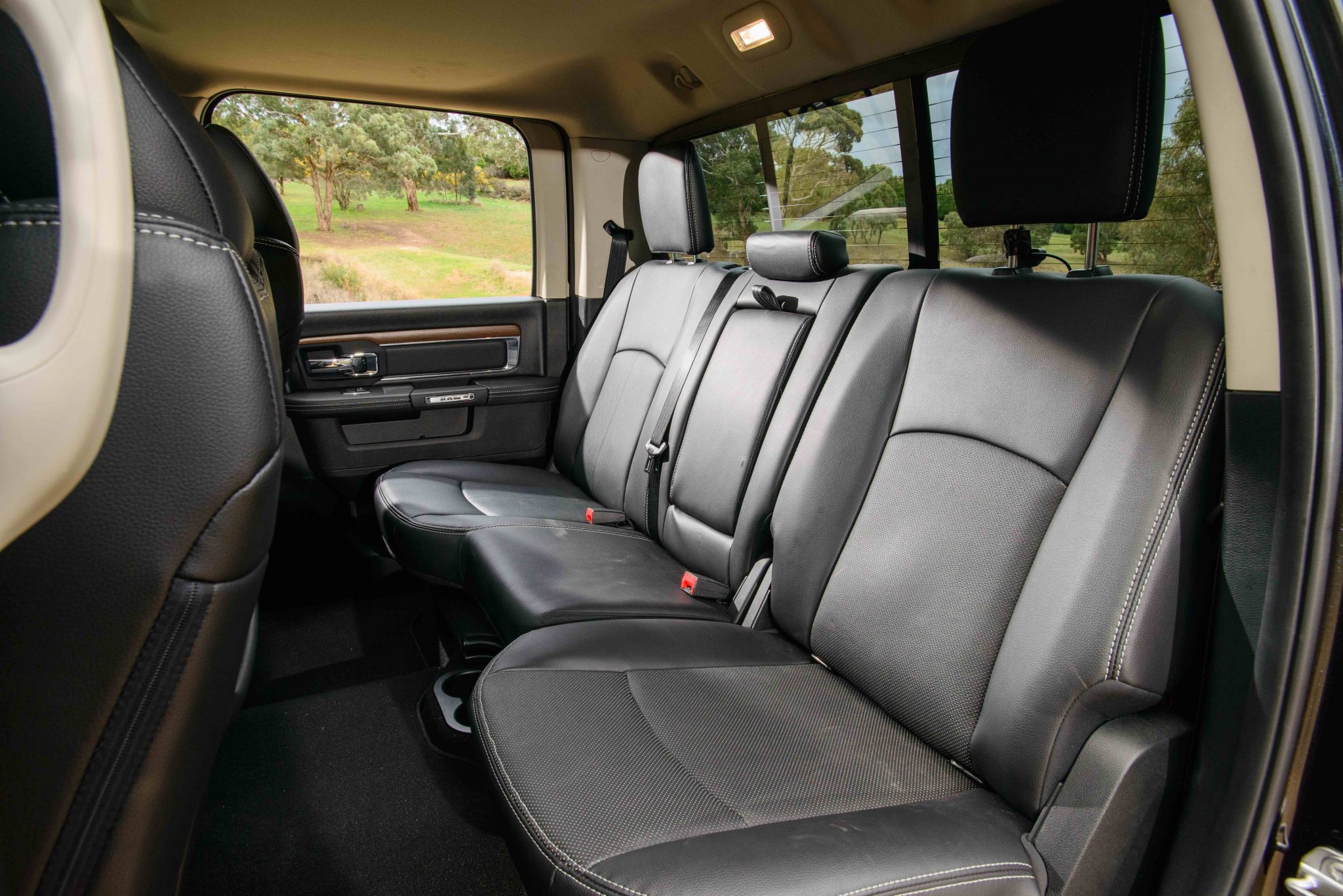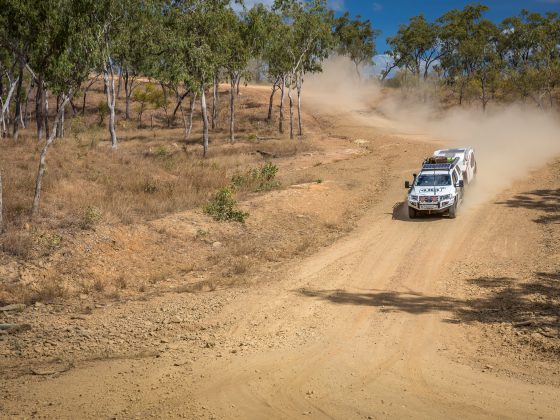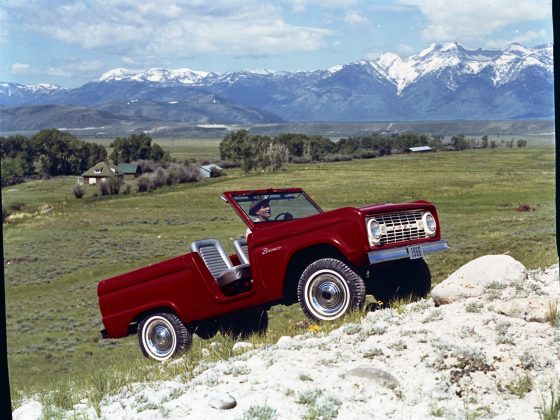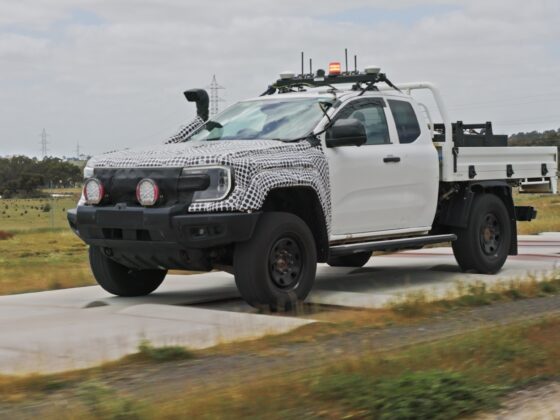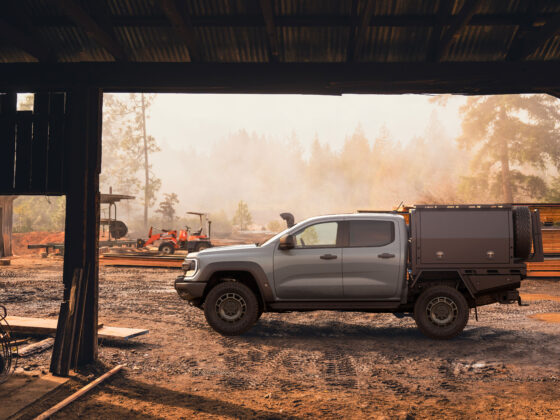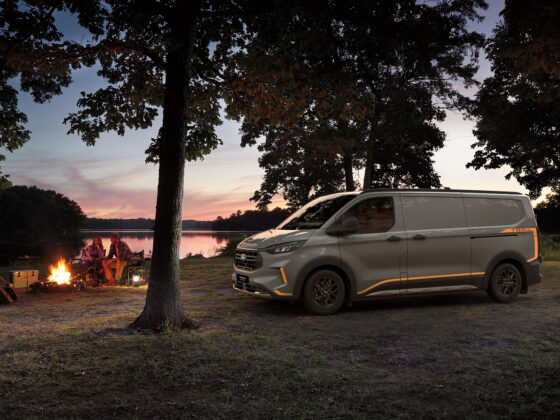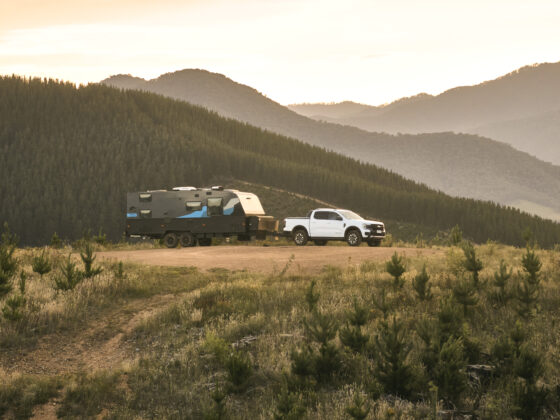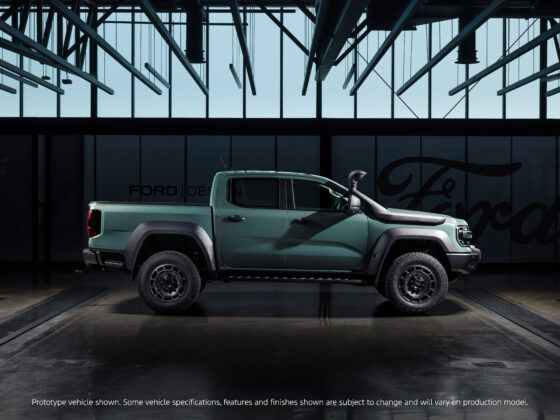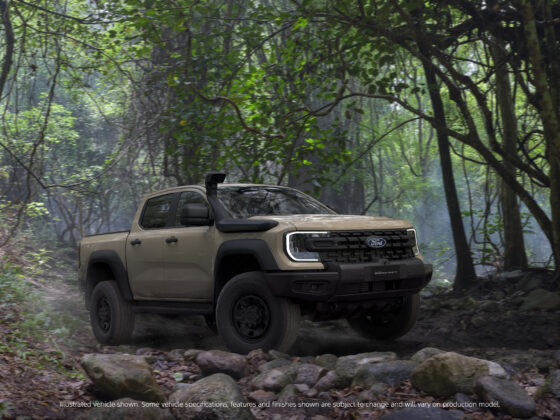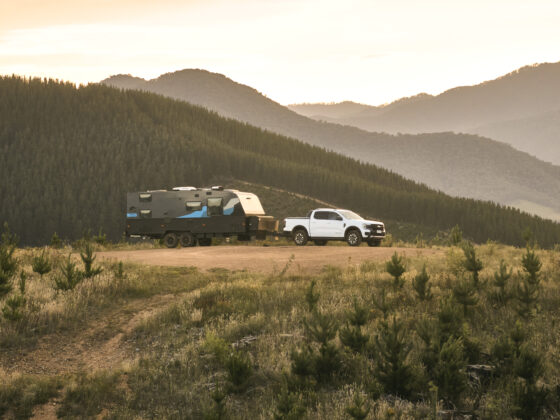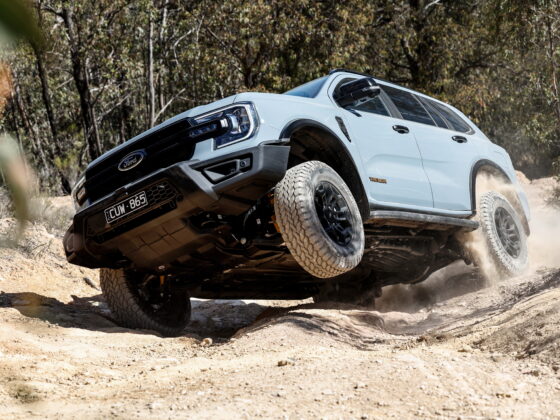While new 4×4 sales are down on last year RAM Trucks Australia can’t produce enough 1500s to meet market demand. After driving the RAM 1500 Laramie EcoDiesel V6 we can see why.
The local 4×4 market has taken a hammering so far this year thanks to bushfires, COVID-19 and now the resulting economic downturn, but there is one 4×4 manufacturer whose fortunes are on the up in 2020: RAM Trucks Australia. We got in the drivers seat of the RAM 1500 Laramie and put it to the test.
While heavy-duty RAM 2500 sales are pretty much where they were at last year while the company waits for the arrival of the 2021 model, the medium-duty RAM 1500 is going gangbusters in 2020, with Express sales up 126.1 per cent for the first six months of the year compared to 2019 and Laramie sales up by 33.8 per cent over the same period.
Bearing these impressive 2020 sales results in mind, we thought it would be a good time to take a look at the RAM 1500, specifically the Laramie EcoDiesel 3.0L V6.

Why the EcoDiesel?
A lot of buyers will think the whole point of owning a RAM 1500 Laramie is the fact it packs a stonking 5.7-litre V8 Hemi under the ‘hood’, and with a claimed 297kW and 556Nm on offer that’s perfectly understandable, but others will see past the V8’s obvious appeal and recognise the benefits of owning the EcoDiesel 3.0L V6 variant instead, including its better fuel economy – and hence better touring range – and its greater peak torque output of 569Nm which, while only nominal, comes in at a low 2000rpm, making it ideally suited to towing duties… and slow-speed off-road work.
If there’s one major drawback to the 1500 Laramie EcoDiesel 3.0L V6 compared to the V8 Hemi variant, it’s the up-front cost; the V6 oiler will set you back $109,950, which is a full $10k more than the V8 Hemi version, which slips in at just 50 bucks below the $100k mark. So it’s not surprising that when it comes to RAM 1500 Laramie sales in Australia around 80 per cent of buyers opt for the V8 Hemi model over the EcoDiesel V6, but RAM Trucks Australia, the company that converts RAMs to right-hand drive in Australia, told mr4x4.com.au that it expects this ratio to change as diesel manufacturing gathers pace in the company’s Clayton, Victoria plant.
Big money, big truck, but…
Sure, $110k (plus on-road costs) is a fair whack of coin, but the RAM 1500 Laramie EcoDiesel 3.0L V6 is also a fair whack of truck. The 1500 Laramie is significantly bigger, for example, than Australia’s best-selling 4×4 ute, the Ford Ranger XLT. The 1500 Laramie measures 5817mm long x 2017mm wide x 1917mm high and has a 3569mm wheelbase, compared to the Ranger which measures 5446mm long x 1867mm wide x 1821mm high and has a 3220mm wheelbase.
And the 1500 Laramie’s tub is enormous at 1712mm long x 1687mm wide and 1295mm between the wheel arches. For reference, the Ranger XLT’s tub measures 1549mm long x 1560mm wide and 1139mm between the wheel arches.
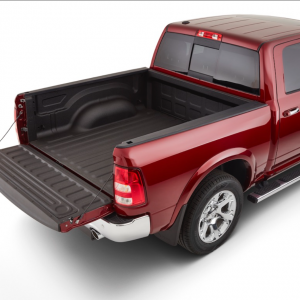
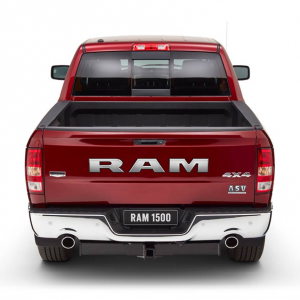
But – and this is a big but – like all half-ton pick-ups, as they’re known in the US, the RAM 1500 Laramie EcoDiesel only has a modest payload capacity – in this case just 735kg. By contrast, a dual-cab Ranger XLT (2.0 bi-turbo) has a 1003kg payload capacity. Like Ranger, however, the 1500 Laramie has a maximum braked towing capacity of 3500kg. For the record, there’s an optional heavy-duty towing package available on the 1500 Laramie V8 Hemi model that ups towing capacity to 4500kg, but this is not available on the EcoDiesel V6 tested here.
So, if you have lots of bulky items to carry that aren’t too heavy, the RAM 1500 Laramie could be the ideal pick-up, but if you’re going to be hauling a lot of heavy equipment you’d best look elsewhere… or wait until next year when the next-generation RAM 2500 heavy-duty pick-up truck is scheduled to go on sale in Australia.
Those throwing gear into the 1500 Laramie’s tub will be happy to hear it comes with a spray-in bed-liner, and there are cargo tie-down hooks in each corner (on the floor), while the large tailgate is assisted so it’s light to operate and it’s hooked up to the vehicle’s remote central locking system. While load-tray illumination is standard, a soft tonneau cover is optional, as is a heavy-duty tow bar package.
Driveline
The RAM 1500 Laramie’s 3.0-litre DOHC turbo-diesel V6 is the same powerplant used in the Jeep Grand Cherokee… and it’s a ripper. In the RAM 1500 it pumps out claimed peaks of 179kW at 3600rpm and 569Nm at 2000rpm.
The 3.0-litre V6 is quiet for a diesel engine, with no noticeable clatter at idle and a smoothness throughout the rev range that few other oilers can match. In the 1500 Laramie it feels particularly refined thanks to impressive noise suppression and minimal vibration. There’s loads of torque available from idle and the engine revs willingly under hard acceleration, with the tacho needle eager to climb towards the 4500rpm redline before the auto grabs the next ratio.
While there are plenty of quicker 4x4s on the market, the Laramie EcoDiesel still delivers impressive-enough on-road performance, and the engine is well matched to the smooth-shifting eight-speed automatic transmission and the (shorter than the V8 Hemi) 3.92:1 final drive ratio. And despite its shorter overall gearing, the EcoDiesel never feels busy on the open road, and you can expect average touring fuel consumption to be around 10L/100km, which is pretty impressive for a rig of this size and weight (2715kg). With the 1500’s 98L fuel capacity this results in a touring range approaching the 1000km mark.
The diesel engine is mated to a selectable on-demand full-time 4×4 system allowing the driver to choose between 2WD, full-time 4WD, 4WD Lock and 4WD Low. Like some Jeep and Mitsubishi 4×4 models, this selectable arrangement provides the best of both worlds, as it allows the vehicle to be run in rear-wheel drive on the road to maximise fuel economy, or full-time 4WD can be selected for sketchy conditions such as rain or on roads that transition between sealed and unsealed and back again.
Ride and handling
For a dual-cab 4×4 ute the RAM 1500 Laramie offers impressive ride quality, even when unladen. Like most other 4×4 utes on the market, it has an independent front suspension (IFS) system with coil springs and a stabiliser bar, but instead of leaves out the back, the rear-end features a multi-link live-axle coil spring set-up. The steering has electric power assistance and the 1500 Laramie wears road-oriented 275/60R20 Hankook Dynapro HT tyres on its shiny 20-inch rims.
As you’d probably expect of a big US pick-up truck, freeway performance is exceptional; the 1500 Laramie cruises effortlessly and quietly, with minimal engine, road and wind noise, but what you might not expect is just how accomplished it feels on crook secondary roads, where it exhibits good ride quality and predictable handling. And when you push the 1500 Laramie through corners it holds its line nicely and responds with well-controlled body roll and good steering feedback. Hit a big pothole and the suspension does a good job of soaking it up, and if you find yourself on a slippery gravel road, just slip it into full-time 4WD and there’s plenty of grip on offer, while the Laramie 1500 deals with corrugations without fuss.
On the open road it doesn’t take long to get used to the size of the RAM 1500, even when driving on smaller backroads, but it’s a different story around town where you’ll sometimes have to spend an little extra time looking for the “right” parking spot, while some underground carparks will be off limits. Having said that, the 12.1m turning circle ain’t that bad for a big ute, and outward visibility is good, as are the huge external mirrors.
Off-road performance
Reasonable manoeuvrability helps when driving off-road in the 1500 Laramie, but there’s no escaping the fact this is a big rig and care has to be taken on tight tracks. You also have to be careful not to scrape the RAM’s front-end, or its belly, or its rear-end; yep, those limited approach, departure and ramp-over angles don’t help the off-road cause at all.
Off-road positives include decent low-range reduction of 48.7:1 in first gear which, combined with the automatic transmission, means jobs like steep climbs or dragging a heavy trailer up boat ramp, for example, are a doddle. The 1500 also has decent wheel travel up front and good axle articulation down the back, and the electronic traction control system is effective when the standard highway-terrain Hankook tyres start to lose grip.
When we gave the 1500 a run through some soft river-sand we had to drop tyre pressures down to around 15psi and run the auto tranny in manual mode to stop it from prematurely upshifting. It went okay, but the hefty weight of this big rig, with even a small amount of gear on board, didn’t help matters. It would no doubt be fine for a run along a reasonably hard-packed beach, but the 1500 didn’t like the soft sand we tackled.
If you get stuck, there are two big recovery points at the front and you can slip a recovery hitch into the 50mm tow hitch receiver at the back. For the record, we didn’t get stuck.
Inside story
As you’d expect of a $110k ute, the 1500 Laramie is a well-equipped vehicle and the interior trim, materials, fit and finish are of a high standard. The conversion from left- to right-hand drive has been well executed and important controls including the gear selector and four-wheel drive selector have been relocated to the driver’s side of the console so they’re within easy reach.
Up front there’s plenty of fore and aft adjustment for both the driver (10-way power) and passenger, but despite adjustable pedals, the driver’s footwell is cramped due to the transmission hump, and the steering is only adjustable for tilt, not reach. And while I had no issues with roof height (I’m a shorty), some taller drivers might feel as though the roof is a bit low. No need to worry about a chilly (or hot) bum on those leather-clad seats though, as both front seats feature heating and ventilation.
The dash houses an 8.4-inch colour touchscreen with reversing camera and Apple CarPlay/Android Auto, and the driver is presented with a 7-inch multi-view instrument cluster between the speedo and tacho that displays vital vehicle information in an easy-to-decipher format.
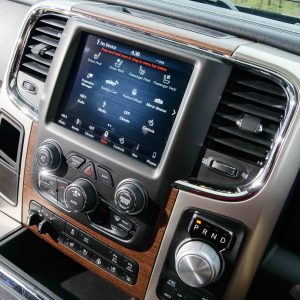
There’s loads of space for rear-seat occupants and you’d easily fit three adults across the back seat. There’s good leg room back there as well, and air conditioning vents… and the back seats are also heated. The seat base has a 60:40 split so you can fold it up to access fold-out platforms that allow you to securely stow large items behind the front seats.
There are plenty of storage spaces throughout the cabin including a double glovebox and wide centre console, while there are also a number of 12V power and USB outlets for charging devices.
Other standard equipment includes remote keyless entry, dual-zone climate control air conditioning, Bluetooth connect, cruise control, auto headlights (and auto high beam), fog lights, rain sensing wipers, heated external mirrors, parking sensors and a tyre pressure monitoring system (TPMS). Active safety features include traction control, stability control, trailer sway control, electronic brake force distribution and hill start assist, while the 1500 Laramie also has driver and front passenger airbags, and front seat side and curtain airbags, and three child seat anchor points.
Verdict
After sampling the RAM 1500 Laramie EcoDiesel V6, I reckon it’s little wonder Aussie buyers are flocking to big US pick-up trucks. Sure, the 1500 is big… but it’s also comfortable, well appointed, offers decent on-road performance, has reasonable off-road ability, handles better than you’d expect and, although it doesn’t have a great payload capacity, it offers the class-standard 3500kg towing capacity.
And those worried about buying a vehicle that’s been converted from left- to right-hand drive needn’t be; the conversion itself is impressive and you probably wouldn’t pick it without looking. Anyway, RAM Trucks Australia backs the 1500 Laramie with a three-year/100,000km warranty with roadside assist.
If you’re after a big, economical US pick-up truck with a decent touring range, the RAM 1500 Laramie EcoDiesel V6 is certainly worth a look.
Specifications
Driveline
Engine DOHC turbo-diesel V6 24-valve
Capacity 2988cc
Max Power 79kW at 3600rpm
Max Torque 569Nm at 2000rpm
Gearbox 8-speed automatic
4X4 System On-demand 4WD with low range
Crawl ratio 48.74:1
Chassis
Construction 4-door cab and tub on ladder chassis
Front suspension IFS with wishbones, coil springs
Rear suspension Live axle with coil springs, 5-link
Wheels/tyres 20-inch alloys with 275/60R20 HT tyres
Dimensions
Length 5817mm
Width 2017mm
Height 1917mm
Wheelbase 3569mm
Ground clearance 235mm
Approach 15.2°
Departure 23.7°
Ramp-over 17.1°
Capacities
Kerb weight 2715kg
GVM 3450kg
Payload 735kg
Towing capacity 3500kg
GCM 6692kg
Seating capacity 5
Fuel tank capacity 98L
ADR Fuel Consumption 11.9L/100km
On-test fuel consumption 9.6L/100km



